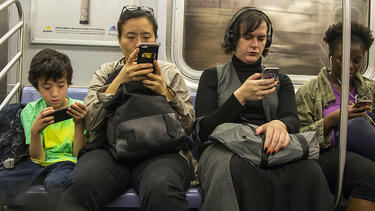Economics
Free Pre-K Gives Parents’ Income a Long-Lasting Boost
Prof. Seth Zimmerman and his co-authors found that parents with kids in New Haven’s lottery-based pre-K program earn thousands of dollars more per year than their peers, likely because they are able to work longer hours and make more progress in their careers.

Time to Put on a Mask
A team of Yale researchers says we should all be wearing cloth masks, but give the surgical masks to healthcare workers.

When Corporate Acquisitions Affect Healthcare
Companies often purchase competitors, not to acquire their ideas and products, but to shut them down. A recent report raised questions about whether such an acquisition may be partially responsible for a shortage of ventilators in the United States.

Making Sense of A Record-Breaking Wave of Unemployment Claims
A greater share of Americans filed for unemployment insurance in the week ending March 21 than in any prior week in American history. We asked Yale SOM's Paul Goldsmith-Pinkham for his perspective on this alarming statistic.
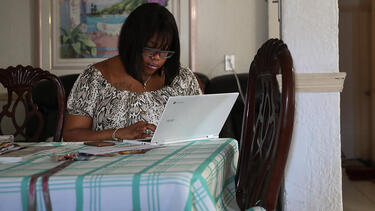
Economic Competition in a Time of Crisis
What will the sudden economic shock mean for competition and antitrust policy? We asked Yale SOM’s Fiona Scott Morton, an economist who served in the Antitrust Division of the U.S. Department of Justice, for her perspective.

Study: Pharmaceutical Ads Drive Prescriptions—And Save Us All Money
Yale SOM’s Michael Sinkinson found that fewer people get life-savings statins during primary season, when pharmaceutical ads are displaced by political ads.

Study Suggests That Local Chinese Officials Manipulate GDP
A study by Yale SOM’s Frank Zhang suggests that local Chinese governments often push through projects without long-term economic value, or fabricate numbers outright, in order to meet GDP targets.
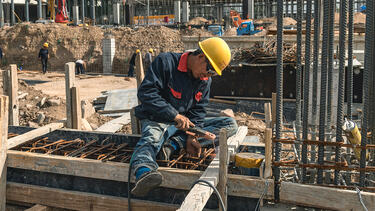
New Study Shows that Trust Can Last
A new study co-authored by Yale SOM’s Florian Ederer explores how the trust we place in one another is affected by our ability to communicate and by the passage of time.
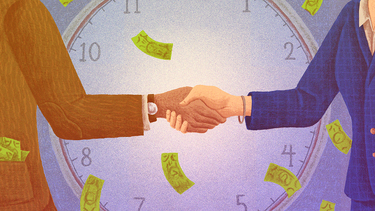
Firms Sacrifice Worker Safety When Demand Is High
Using data from the U.S. mining industry, Yale SOM’s Kerwin Charles and his co-authors investigated the relationship between higher demand and safety, and found that increased investment in safety measures is overwhelmed by the incentive to increase production while prices are high, leaving workers less safe overall.

What’s the Right Price?
A new study co-authored by Yale SOM’s Kevin Williams suggests that the zone pricing employed by home improvement chains benefits some consumers at the expense of others—and costs one of the two giants potential profits.
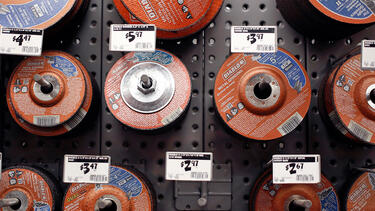
Can Antitrust Enforcement Protect Digital Consumers?
More and more of our economic and social lives are being conducted through digital channels. Economist Fiona Scott Morton talks about how effective antitrust regulation and enforcement can ensure that consumers benefit from the next killer app.
